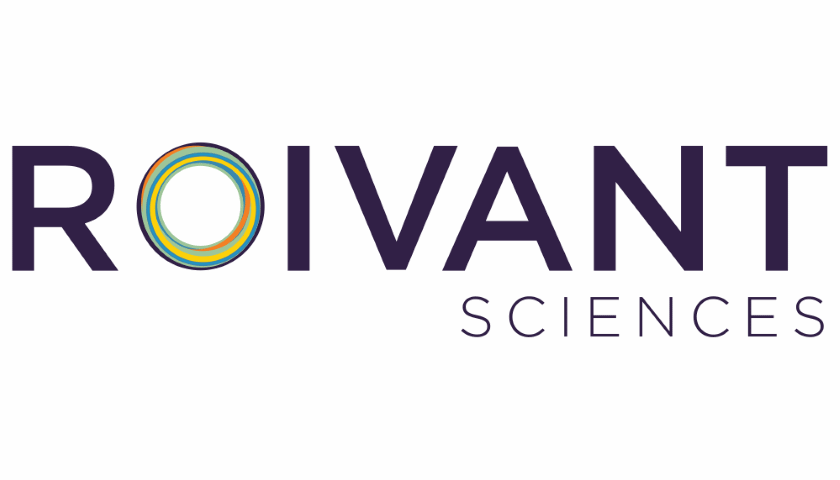Sumitomo Dainippon bolts on pipeline via $3bn Roivant alliance

Vivek Ramaswamy’s Roivant group has forged its biggest and most wide-ranging alliance to date, licensing dozens of drugs to Japan’s Sumitomo Dainippon Pharma in deal that includes a massive $3 billion upfront fee.
The agreement – which will see Sumitomo take a 10% stake in the Swiss biotech – involves 11 of Roivant’s subsidiary companies (known as ‘Vants’) and more than 25 clinical programmes, giving the Japanese company “multiple potential product launches” from 2020 to 2022.
Sumitomo needs new products to bring to market as it prepares for the loss of patent protection to Latuda (lurasidone), a drug for schizophrenia and bipolar depression that made $1.6 billion in sales in the last fiscal year, mainly from the US market, but could see generics arrive there in 2023.
It’s also suffered some recent pipeline setbacks including the failure of napabucasin (BBI608) in a phase 3 prostate cancer trial, and a mid-stage study of SanBio-partnered stem cell therapy for stroke.
Sumitomo will take a controlling interest in five of the Swiss group’s Vants, with options to acquire up to six more, and gain access to Roivant’s drug discovery platforms. It said the deal was part of its plan to become a “global specialised player” in the pharma market by 2023.
Under the terms of the deal, the alliance will take control of women’s health and prostate cancer unit Myovant, urinary disease specialist Urovant, paediatric rare disease developer Enzyvant and Altavant, which is working on rare respiratory diseases.
A fifth Roivant unit will also be transferred before the deal goes through, although at the moment the partners haven’t decided which one will be selected.
That brings drug candidates like Myovant’s relugolix for uterine fibroids, Enzyvant’s tissue-based therapy RVT-082 for immune-robbing disease paediatric congenital athymia, and Urovant’s vibegron for overactive bladder.
RVT-082 is already under regulatory review by the FDA, while relugolix is due for filing by the end of the year and heading for a market clash with AbbVie’s Orilissa (elagolix), with a vibegron marketing application expected to follow early next year.
Meanwhile, Altavant’s lead drug is rodatristat ethyl, in mid-stage testing for pulmonary arterial hypertension (PAH), idiopathic pulmonary fibrosis (IPF) and sarcoidosis.
Ramaswamy said the deal should be completed by October and is a “major validation” of the Roivant platform.
He pledged to launch additional Vants in the future, although not all his plays have worked. Axovant – formed to develop an Alzheimer’s disease candidate – was forced to abandon the project after it failed clinical testing and has re-launched itself as a gene therapy specialist.












